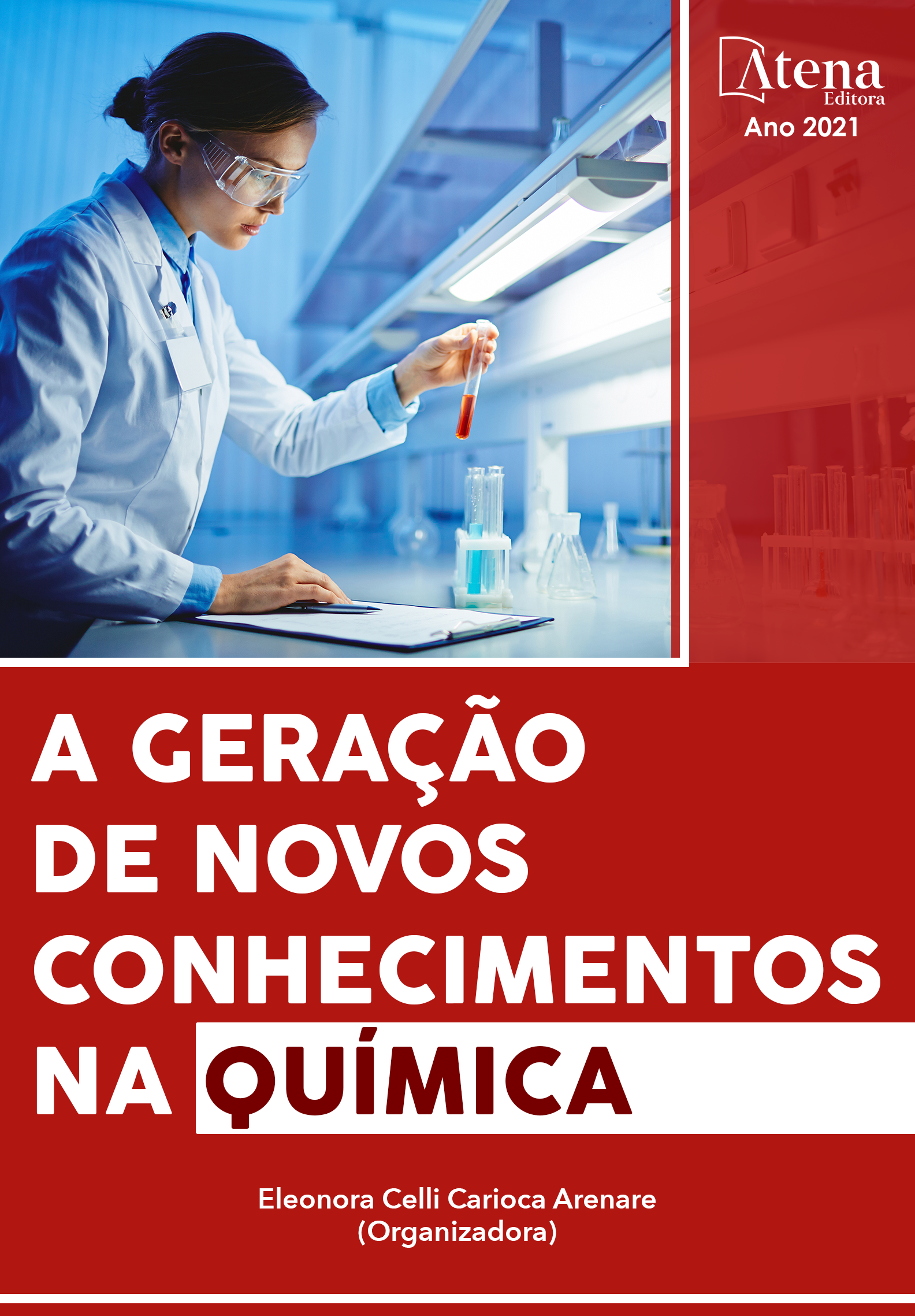
QUÍMICA E REVOLUÇÃO CIENTÍFICA: UMA TENTATIVA DE CONCILIAÇÃO ENTRE INCOMENSURABILIDADE E ACUMULAÇÃO EPISTEMOLÓGICA
Alguns conceitos científicos são intrinsecamente relacionados a impressões do mundo natural, enquanto outros, apesar dessa relação, são majoritariamente formados por significação, ou seja, possuem menor grau de relação com tais impressões. Esta diferença torna-se mais relevante quando analisadas à luz da acumulação do conhecimento na história da ciência. Este trabalho apresenta uma abordagem de causas naturais que permite a conciliação entre incomensurabilidade (da forma como Thomas Kuhn caracteriza esse conceito) e o processo de acumulação positiva do conhecimento humano como, por exemplo, Comte apresenta esse conceito. De acordo com Kuhn, a acumulação do conhecimento humano entre revoluções científicas seria impossível. Esta conciliação aparentemente pode ocorrer em alguns casos, mas é pouco provável quando os conceitos envolvidos entre ciências normais são gerados majoritariamente via significação, ou seja, mais distantes de uma relação com imposição fenomenológica. Neste último caso, a modificação de significado implicaria numa alteração da própria entidade, o que acarretaria sua destruição epistemológica dentro da perspectiva de uma mudança de paradigma. A história da ciência parece indicar que existe um solo estável para além da perda epistemológica, mesmo entre revoluções científicas. Parece que tal “estabilidade epistemológica” se fundamenta na diferença entre conceitos associados a uma imposição fenomenológica daqueles mais associados a uma relação de ideias distante de tal imposição. Visando expor didaticamente essa diferença e cumprir o objetivo deste trabalho, um exemplo de cadeias causais em um caso específico da química será apresentado.
QUÍMICA E REVOLUÇÃO CIENTÍFICA: UMA TENTATIVA DE CONCILIAÇÃO ENTRE INCOMENSURABILIDADE E ACUMULAÇÃO EPISTEMOLÓGICA
-
DOI: 10.22533/at.ed.71521180618
-
Palavras-chave: Incomensurabilidade, Positivismo, Acumulação epistemológica.
-
Keywords: Incommensurability, Positivism, Epistemological accumulation.
-
Abstract:
Some scientific concepts are intrincically related to impressions of the natural world, while others, despite this relationship, are mostly formed by meaning, that is, they have a lesser degree of relationship with such impressions. This difference becomes more relevant when analyzed in the light of the accumulation of knowledge in the history of science. This work introduces an approach of natural causes that proposes the conciliation between incommensurability (as Thomas Kuhn characterizes this concept) and the process of positive accumulation of human knowledge as, for example, Comte presents this concept. According to Kuhn, the accumulation of human knowledge between scientific revolutions would be impossible. This conciliation apparently can occur in some cases, but it is unlikely when the concepts involved between normal sciences are generated mostly by meaning, that is, more distant from a relationship with phenomenological imposition. In the latter case, the change in meaning would imply a change in the entity itself, resulting in its epistemological destruction within the perspective of a paradigm shift. The history of science seems to indicate that there is a stable ground beyond epistemological loss, even between scientific revolutions. It seems that such “epistemological stability” is based on the difference between concepts associated with a phenomenological imposition and those more associated with ideas far from such imposition. In order to expose this difference didactically and fulfill the objective of this work, an example of causal chains in a specific case of chemistry will be presented.
-
Número de páginas: 22
- Kleber Cecon
- Rogerio Corte Sassonia


